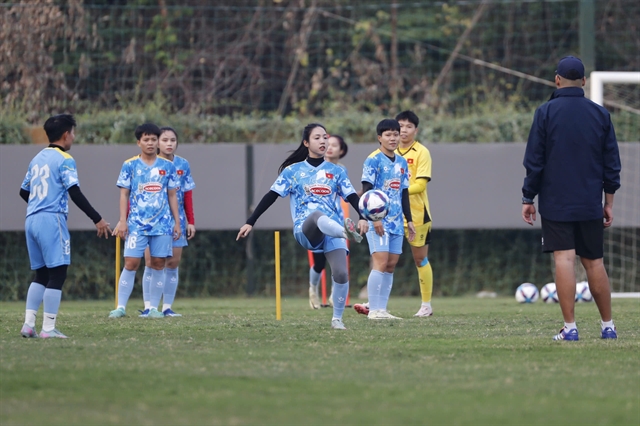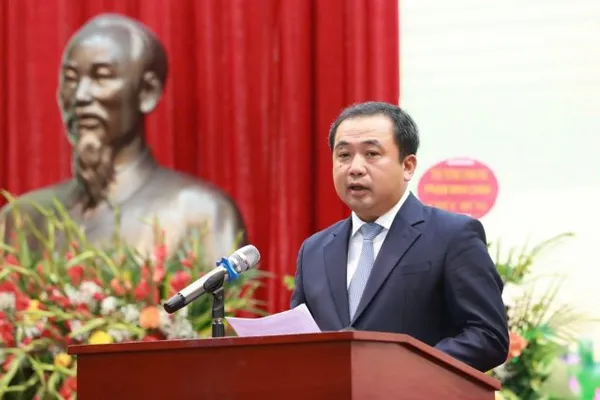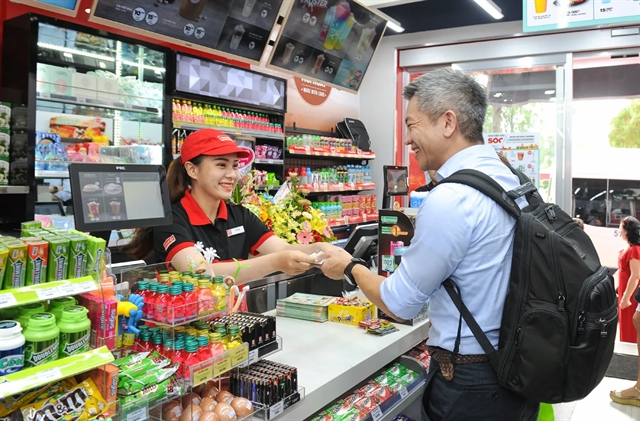 Politics & Law
Politics & Law
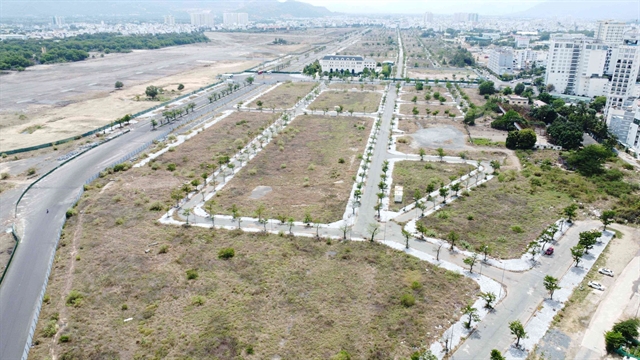
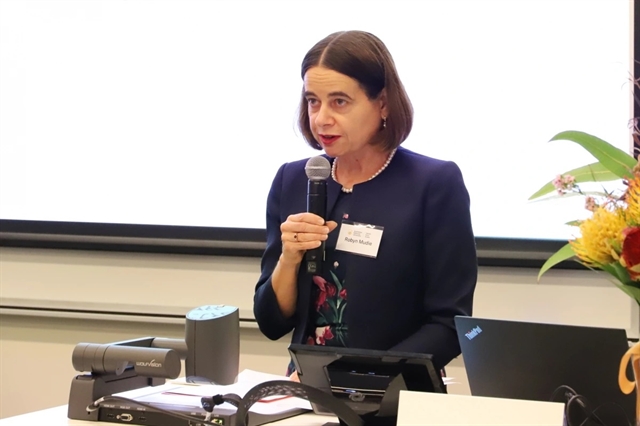 |
| Robyn Mudie, former Australian Ambassador to Việt Nam, First Assistant Secretary for Southeast Asia Regional and Mainland Division at the Australia's Department of Foreign Affairs and Trade. — Photo from the Voice of Việt Nam |
SYDNEY — The deepening relationship between Australia and Việt Nam is attracting growing interest from professionals across various fields—including policymakers, businesses, and researchers—who are keen to explore and stay informed about Việt Nam's developments, including its vision for a rising era.
The Việt Nam Policy and Economic Update 2024 conference at the Australian National University (ANU) in Canberra, aimed to provide comprehensive updates on Việt Nam's recent policies and advancements as well as Australia's interest in Việt Nam's transformations.
More than 150 participants, including policymakers, business representatives, researchers, academics, and Việt Nam enthusiasts, attended the conference organized by ANU and sponsored by Australia’s Department of Foreign Affairs and Trade (DFAT).
Robyn Mudie, Head of the Southeast Asia Division at DFAT and former Australian Ambassador to Việt Nam, stressed Việt Nam's significant role in Southeast Asia’s economic development. She emphasised that the two countries shared a vision of a peaceful, stable, and prosperous region and highlighted the growing relationship between Việt Nam and Australia in all sectors.
In this context, Mudie underscored the importance of Australia keeping abreast of Việt Nam's new policies. She noted that this is not only an opportunity for information and knowledge sharing but also a chance for experts and scholars to expand their networks and contribute to enhancing bilateral relations.
Vietnamese Ambassador to Australia Phạm Hùng Tâm shared updates on some of Việt Nam's major achievements in 2024, including a projected GDP growth rate of 6.1 per cent, over $27 billion in foreign investment, and nearly 16 million international tourist arrivals so far.
Ambassador Tâm also discussed Việt Nam's rising era vision, recently announced by Party General Secretary Tô Lâm, which aims to lead Việt Nam toward prosperity and resilience. He expressed confidence that Australia’s engagement with Việt Nam's evolving policies would foster mutual understanding and bolster the growing partnership between the two countries.
During the conference, experts from ANU, US-based Indiana University, and Việt Nam's National Economics University provided insights into recent updates in Việt Nam's governance structure, policies, and economic reforms. They also analysed the impact of these changes on various areas, such as the stock market, price regulation, the environment, public health, renewable energy, and Việt Nam's strategies to escape the middle-income trap.
Notably, Vietnamese-American economist Professor Trần Ngọc Anh from Indiana University presented seven strategic directions recently outlined by General Secretary Tô Lâm to propel Việt Nam into its rising era. His presentation drew significant interest from attendees.
Professor Ngọc Anh noted that Australia sees Việt Nam as a strategic partner in politics, security, and economics. He highlighted Australia's long-standing support for Việt Nam and its genuine interest in helping Việt Nam achieve its ambitious goals:
"Australia wants to understand the core content of this [rising era] vision, how Việt Nam plans to achieve it, and what needs to be done. From Australia’s side, I believe they sincerely want to support Việt Nam's success and are eager to identify ways they can contribute to Việt Nam's goals in this new era.”
Professor Suiwah Leung from ANU, an expert in Việt Nam's economic reforms during its Đổi mới (reforms) period, focused on changes in Việt Nam's political landscape and their potential to boost private sector growth:
"I believe the relationship between the Party, government institutions, and the private sector is crucial. Currently, the private sector plays an increasingly significant role in Việt Nam's economy and is becoming more integrated with the global economy. The interplay between these three elements is vital, as the Party and government institutions need to facilitate private sector development. Therefore, I’m particularly interested in how the Party (the tree's roots) and the government (the trunk) can create conditions for the private sector (the leaves) to thrive."
Professor Paul Burke, an expert on energy transitions in Southeast Asia, expressed interest in Việt Nam's ongoing reforms and their potential to spur development. While noting that detailed plans for transformative breakthroughs are still emerging, Burke praised Việt Nam's vast development potential:
"This is an exciting time for Việt Nam, as it implements proposals to restructure some ministries and boost economic performance. While more details are needed on how these plans will strengthen the economy, it’s clear that this moment presents significant opportunities for Việt Nam. I am particularly interested in the role of clean energy in Việt Nam's economy. Việt Nam has immense potential in this area, as well as in sectors like education, healthcare, and technology. While more information is needed, there’s no denying Việt Nam's potential to achieve robust growth." — VNS


